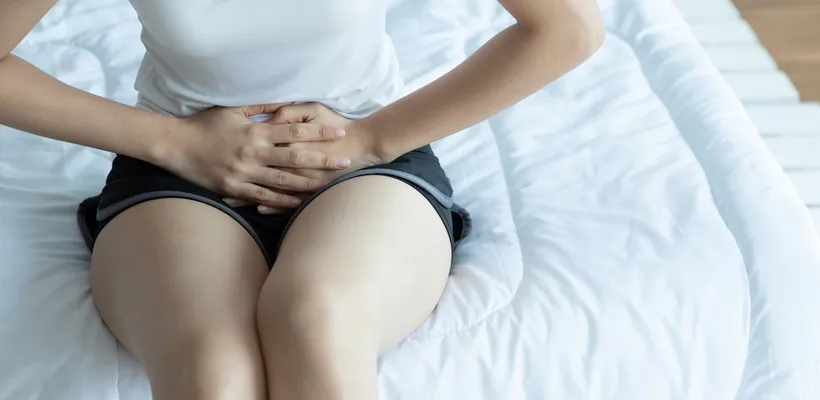
Published: 3rd March, 2023 in: Health Health Advice
Cystitis is a UTI (Urinary Tract Infection) that affects the bladder. It’s a common condition, especially in women, and can cause discomfort and irritation. Cystitis will usually go away on its own in a matter of days, however, it sometimes requires antibiotic treatment.
Symptoms of cystitis include:
Babies and children can also get cystitis. Symptoms include:
Problems with their bladder or kidneys can cause cystitis, or they may be experiencing constipation. It's important that you contact your GP if you think your child has cystitis, as it can cause damage to their kidneys if left untreated.
Bicarbonate of soda is a common cystitis treatment, as it can alter the acidity levels in your urine, which can help to ease the pain. Mixing bicarbonate soda with water allows the alkaline solution to reach your bladder, making your urine less acidic and stopping the bacteria from spreading.
Here at Weldricks Pharmacy, we offer a range of cystitis relief products, including liquids and sachets.
We can also offer in-person treatment options through the new Pharmacy First scheme. Check out drop-in Cystitis treatment service page for more info on this.
Browse our relevant treatments:
save £0.90
Buy nowsave £1.30
Buy nowsave £3.59
Buy nowCystitis is usually caused by bacteria from faeces getting into the urethra (the tube that carries urine out of the body). As women have a shorter urethra than men, their bacteria are more likely to reach the bladder and cause an infection.
Things that increase the chances of this include:
You won’t usually need to see a doctor if you have cystitis, however, you should visit your GP if:
Your GP may offer you advice and recommend painkillers, or give you a prescription for a 3-day course of antibiotics. They may also ask you to do a urine test, although this isn't always necessary.
If you repeatedly get cystitis, your GP may prescribe a single-dose antibiotic to take within two hours of having sex, an antibiotic to take for up to six months, or a vaginal oestrogen cream (if you have gone through menopause).
There are steps you can take in order to try and prevent cystitis from occurring in the first place. This includes:
If you often get cystitis after sex, there are things you can do to limit this, including:
We’ve discussed how to get rid of cystitis fast, as well as the preventative measures you can take to try and stop it from happening in the first place. Alongside our home treatments for cystitis, we also offer products to help a range of other conditions including thrush, urinary and bladder problems, and vaginal dryness.